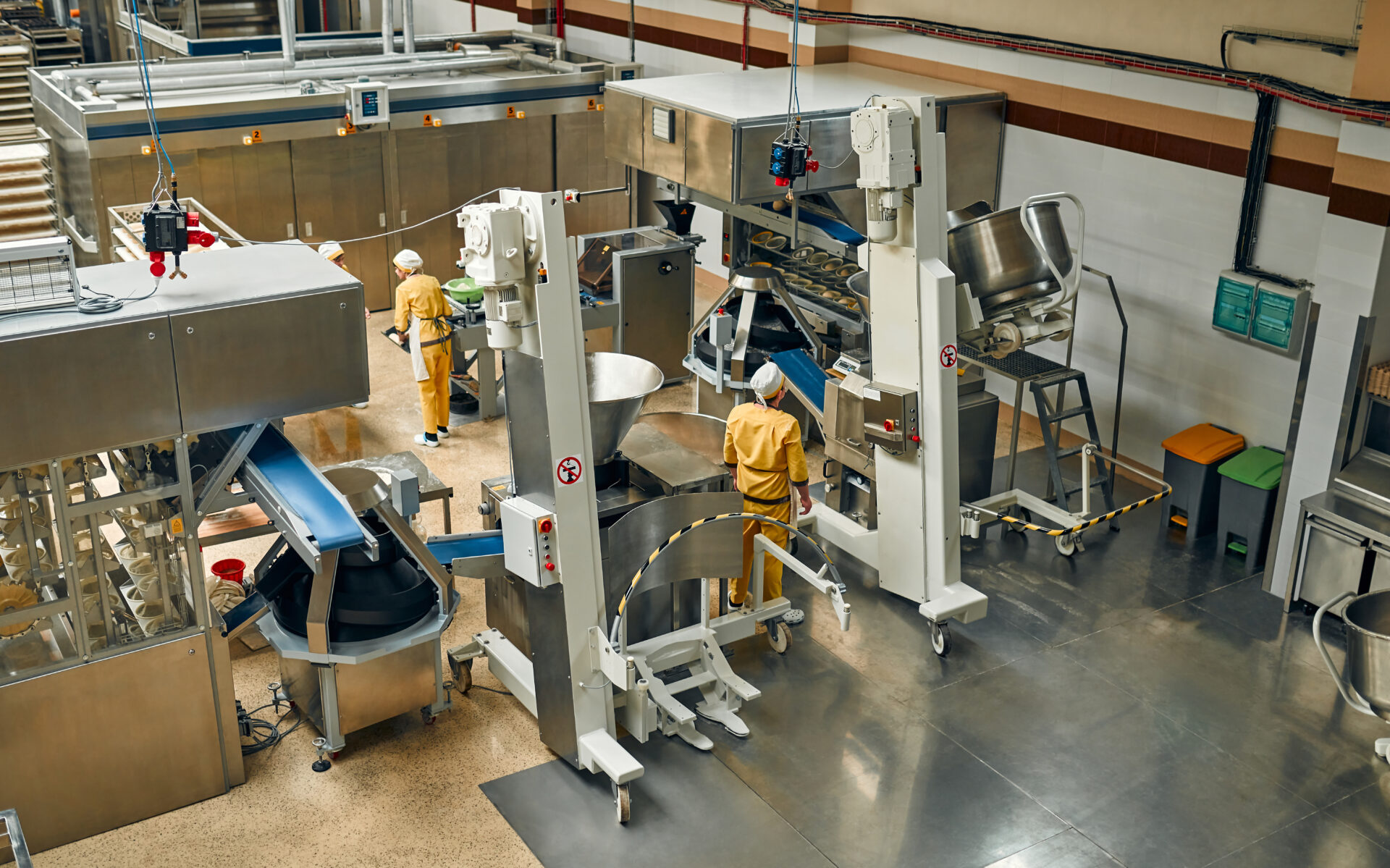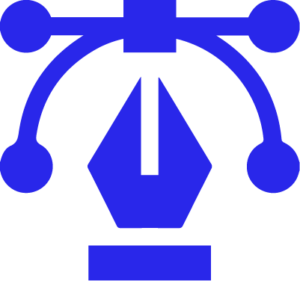The Risks of Food Dust: Why You Need To Implement LEV Systems
Matt Brown | Published January 16th 2025 | Updated October 6th 2025
The food manufacturing industry uses process which generate potentially harmful food dust – heightening the importance of proper control measures such as LEV systems.
The food manufacturing industry processes ingredients including flour, flavourings, and sugar, which generate dust. This dust can be harmful, posing significant health risks when airborne. From skin and throat irritations, to serious long-term health complications, exposure to food dust in the workplace can be a silent yet deadly hazard.
It’s therefore important to implement methods of dust control, to protect the health of workers in the food manufacturing industry. Local Exhaust Ventilation (LEV) systems reduce airborne dust in the workplace, helping businesses keep their employees safe.
The dangers of food dust
When food particles become airborne, they can cause respiratory problems, skin irritations, and even lead to conditions like occupational asthma, or ‘baker’s lung’.
The Health and Safety Executive (HSE) classifies certain food dusts as hazardous, making them subject to Control of Substances Hazardous to Health (COSHH) regulations, which means businesses have to implement equipment such as dust extraction systems to protect the health of employees.
Most food dusts are combustible, and are subject to the Dangerous Substances and Explosive Atmospheres Regulations 2002 (DSEAR) legislation, which requires employers to put control measures in place to remove or reduce the risk of accidents involving dangerous substances.
This is where the implementation of LEV systems comes in – ensuring businesses can comply with health and safety regulations in the workplace.

What is a Local Exhaust Ventilation (LEV) system?
An LEV is an extraction ventilation system designed to capture and remove airborne contaminants such as dust at their source, out of the workplace air, preventing them from being inhaled by workers.
When properly designed, an LEV will collect the air containing the contaminants, ensure the contaminants are contained and away from people, and safely get rid of the contaminants, cleaning the air if necessary.
Dust extraction systems are essential for ensuring health protection and regulatory compliance. They also improve productivity, with a dust-free workplace leading to a more efficient product line, where employees don’t have to worry about the presence of dust impacting themselves or tasks.
Choosing the right LEV system
At APS, we’re experienced in implementing high-quality dust extraction systems, and we will take you through the processes step-by-step, to make sure our solution fits your exact needs.
When selecting the right LEV system for extracting food dust, a thorough risk assessment needs to take place, covering the processes of manufacturing used, the types of contaminants generated by the manufacturing processes, and the dangers posed as a result.
After establishing a specification, we’ll design a bespoke system to suit your facility, and one of our fully trained, P601 and P602 qualified engineers will work to install it. Alongside this, our LEV testing and inspection service will ensure your business maintains a healthy and safe working environment.
Are you looking to reduce the impact of food dust on your production line? For expert advice on implementing an LEV system in your food manufacturing facility, get in touch with the APS team today.

We Consult
Understanding is key. We take the time to grasp your specific requirements, ensuring solutions tailored just for you.

We Design
With your needs as our blueprint, we craft designs that are both functional and in step with modern aesthetics.

We Install
Our team prioritises a smooth, efficient installation process, minimising disruption while focusing on optimal safety outcomes.